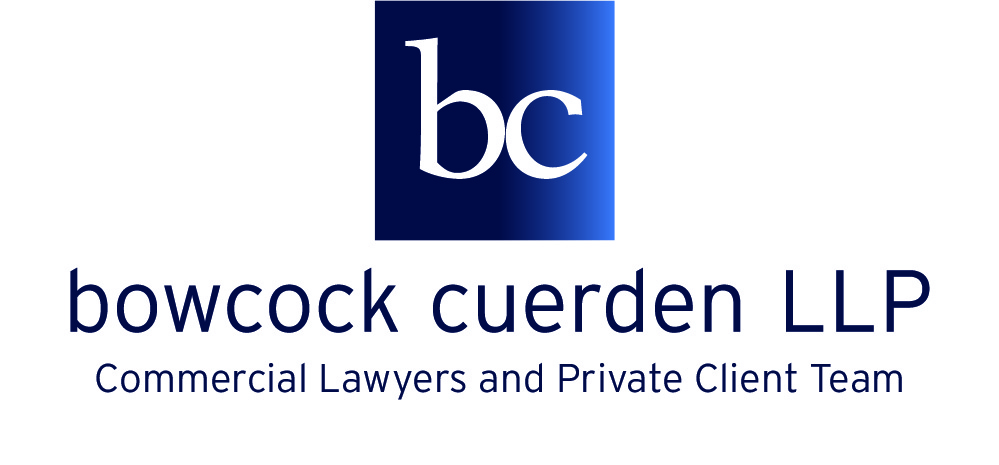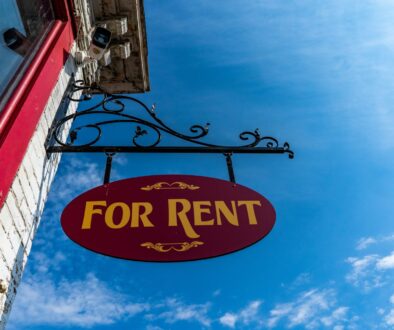The pros and cons of online property auctions
Online auctions are becoming increasingly popular with a number of agents. Take a look at our quick guide for what to look out for during the process.
A new method of selling properties by auction is becoming increasingly popular with a number of agents; online auctions can be a quicker sale process which often avoids chains. As with most things, there are a number of pros and cons in using this method to sell or purchase a property.
How it works
A property will be displayed online with an auction ‘timer’ – usually 30 days. As a seller, you will agree a reserve price for the property, in advance, with the estate agent and auctioneer. This is the lowest figure you are willing to accept for the property and will be kept confidential. Any prospective buyer will register with the estate agent. This may incur a fee which may or may not be refundable.
A buyer can make bids online at any time of day or night, right up to the end of the auction timer. The seller can see these bids being made, which makes it a very transparent process for the seller. At the end of the timer, the highest bid wins and the winning buyer then immediately has to pay a non-refundable reservation fee which can be as much as 2.5% plus VAT of the sale price or a minimum of £6,000 plus VAT. The buyer will then have an agreed time frame to complete. The buyer is not legally obliged to continue with the purchase but, if the buyer fails to complete, the buyer will lose the reservation fee, which will go the estate agent and the auctioneer.
Stamp Duty Land Tax
If the sale does go ahead, the reservation fee is added to the total purchase price for the purposes of stamp duty land tax (SDLT). This will inevitably increase the amount of SDLT payable but given that many properties sold online sell at a lower price than on the open market, the overall impact should not be significant.
What to be aware of
Depending on the terms of the auction provider, buyers and sellers may end up having to pay a share of the costs of the legal pack as well as other administrative costs that may be passed on by the auction provider or estate agent. It is good practice to ask for a list of all of these and confirmation of when they are incurred at the outset of the process. If you are the winning bidder you will have to have the reservation fee ready and waiting as it is payable immediately – it cannot form part of the mortgage funds – and you may have to pay the lion’s share of the costs involved, unlike on the open market.
The pros
While there are a number of things to be aware of, online auctions can be a useful and advantageous way of selling and buying property. It is a fully transparent process as you can see how the bidding is progressing throughout and properties are priced realistically to sell. This means that any potential buyer could net themselves a bargain, potentially below the market value. There are also fixed dates for exchange and completion which takes away a lot of the uncertainty and time-lag. It is also a useful option for sellers if they have a property that needs to be sold quickly (for example in a probate context) and it can be an attractive option if you have a property that you think will take a long time to sell on the open market.
If you are thinking about using online auctions to buy or sell property you should enter the process with as much information as possible. Our property team would be happy to discuss any aspect of the process further. Please do not hesitate to contact us, via the details on our “contact us” page.




